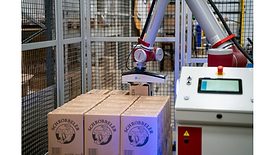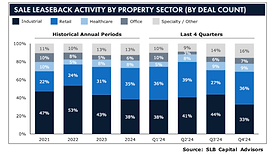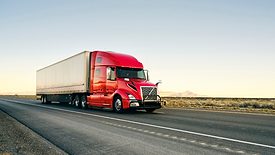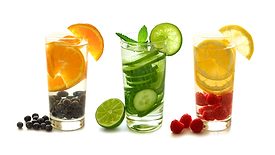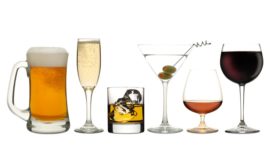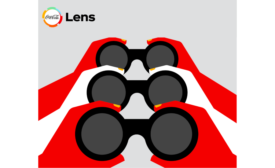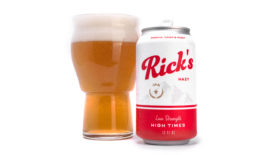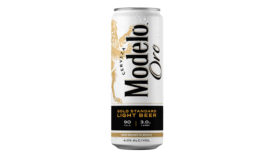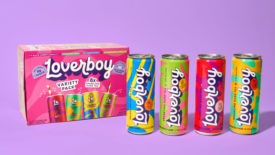Market Insights
Dutch herbal liquor manufacturer find success with D:PLOY platform
Read More
Alternative capital solutions can offer reprieve to manufacturing sector
Sale leaseback can help beverage manufacturers raise capital while navigating tariffs
March 20, 2025
Trucking industry eager to attract younger drivers
Driver shortage prompts action from legislators
January 30, 2025
FMCG Gurus Trend Watch: Hot & Soft Drinks in 2024
Rising prices impact how consumers approach indulgences
August 7, 2024
What is going on in the US Beverage Alcohol Market?
Alternative adult beverages growing share across total alcohol
July 10, 2024
The Coca-Cola Co. launches proprietary insights platform, Coca-Cola Lens
New platform provides access to industry trends and insights to help operators grow
May 13, 2024
Special Report
Artificial intelligence offers beverage-makers powerful insights
Early adopters discovering flavor innovations, marketing advancements through AI
June 5, 2023
2023 Beer Report | Non-alcohol beer delivers substitution solution
Consumers of alcohol-free beer moderating alcohol intake, not eliminating
March 2, 2023
2023 Beer Report | Imported beer appeals to consumers’ lavish interests
Inflation, potential recession could halt beer segment’s performance
March 2, 2023
2023 Beer Report | Hard teas shine in flavored malt beverage segment
Beyond beer sees preference changes from consumers
March 2, 2023
Elevate your expertise in the beverage marketplace with unparalleled insights and connections.
Join thousands of beverage professionals today. Shouldn’t you know what they know?
JOIN NOW!Copyright ©2025. All Rights Reserved BNP Media.
Design, CMS, Hosting & Web Development :: ePublishing
